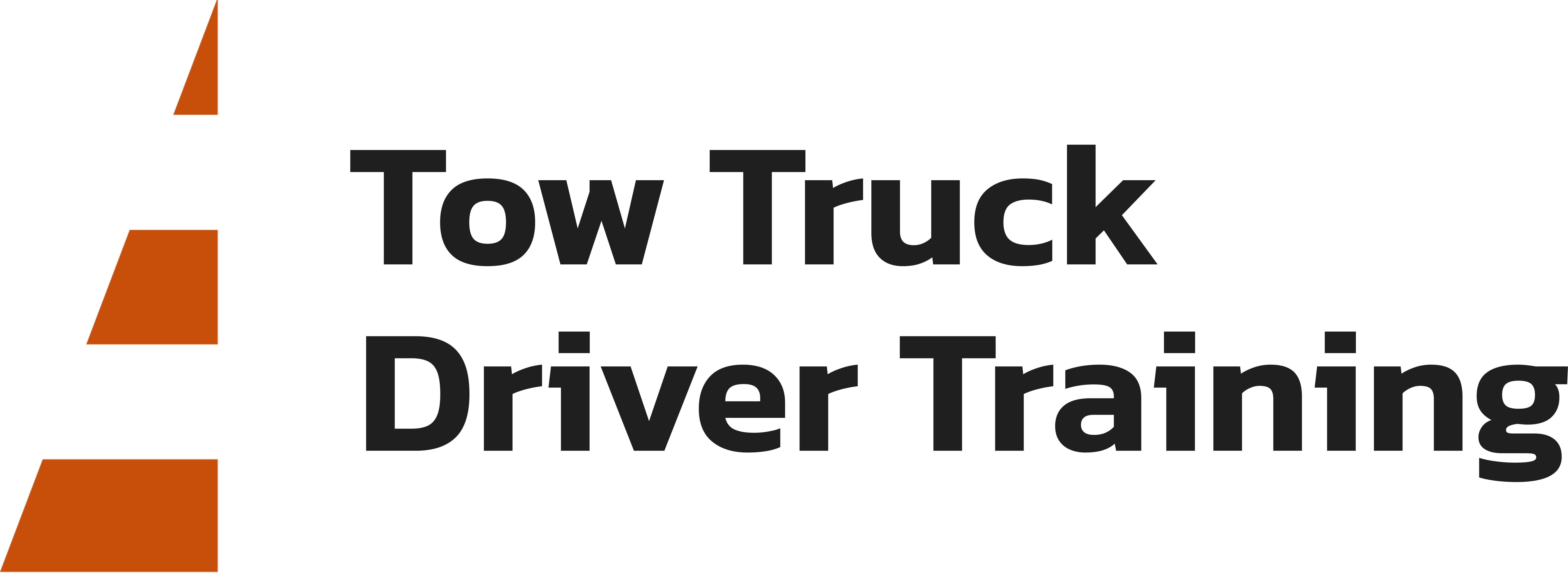Reasons Employees Fail
THEY ARE NOT TOLD WHAT TO DO
Problem: A lack of communication between management and employees or failure to provide proper instructions and guidance on how to complete a task.
Solutions:
- Clearly explain what you want done and provide support to help the employee complete the task.
- Provide specific details on how you want the task completed and a timeline for completion.
- When assigning a repetitive task (such as truck inspection), provide a checklist for employees to complete every time and submit.
THEY DO NOT KNOW HOW TO DO IT
Problem: Improperly trained employees can not be held responsible for failing a project they were not given the proper tools to complete.
Solutions:
- Formal training and certification (WreckMaster)
- In-facility training / practice in the yard
- Reference library of manuals or training videos/courses (WreckMaster Subscription)
- Proper communication and supervision
THEY FEEL THAT IT IS NOT THEIR RESPONSIBILITY
Problem: The operator believes a certain task is below their skill level, not worth doing or “not their job.”
Solutions:
- Remind staff of the importance of routine and basic tasks during weekly or monthly meetings.
- Explain how these tasks benefit
- The company
- The employee
- Explain how not performing certain tasks can harm
- The company
- The employee
A perfect example of this scenario would be an operator who does not feel the need to conduct a daily vehicle inspection / circle check:
- The benefit of doing the check is knowing what items that may need for the day that may be missing from the truck.
- The harm in not doing this could result in equipment failure that damages the truck, a customer vehicle or injure the operator.
THEY PROCRASTINATE
Problem: Employees believe that certain tasks are more important than others even when they have been instructed otherwise.
Employee may say something like:
- “I haven’t had time to get to it yet”
- “I didn’t think it was that important”
- “I’ll get to it when I get to it”
Solutions:
- Provide each employee with a list of responsibilities, detailing the expected timeline and importance of each task.
- Communicate to employees when priorities change.
- Only classify a task as “urgent” if it actually is. Too many tasks labelled and important / urgent will confuse an employee.
THERE IS NO POSITIVE REASON FOR THEM TO DO IT THE RIGHT WAY
Problem: Employee does not feel they are being given the recognition they deserve or that they are seeing the benefits of doing something the way they are asked.
WM TIP: WHILE A PAYCHECK IS WHY EVERY EMPLOYEE WORKS, IT’S IMPORTANT TO REMEMBER THAT RECEIVING IT IS PART OF A ROUTINE AND NOT ALWAYS VIEWED AS AN INCENTIVE TO GO THE EXTRA MILE.
Solutions:
- Provide some sort of incentive or reward. These do not always need to be large scale or given out constantly.
- Both tangible and intangible rewards can be provide
- Example of tangible rewards
- Money bonus
- Gift card
- Time off
- Example of intangible rewards
- Verbal compliment and appreciation
- Contribution toward a good evaluation
- Recognition during team meeting
- Example of tangible rewards
THERE IS NO NEGATIVE CONSEQUENCE FOR POOR PERFORMANCE
Problem: Employee who does not adhere to the rules and requirements set for them.
Solutions:
- Document procedures and review performance at weekly / monthly meetings
- Do not ridicule anyone who is not meeting expectations, but call them out
- Reprimand drivers independently and privately
- Incentivize thorough and disciplined work
THEY THINK THEY KNOW BETTER
Problem: The employee believes that they have all the answers and know a better way to complete a task.
Solutions:
- First and foremost, listen to their suggestions. They may have a solution that is safer and more efficient than they way you currently do it.
- Provide proper training and explanations for the way you perform tasks (safety, state/federal requirements etc.)
- Emphasize that while their way may work, the company has guidelines they expect every employee to follow.
WM TIP: REMEMBER TO ALWAYS LISTEN TO FEEDBACK FROM EMPLOYEES. THEY MAY SURPRISE YOU WITH A SOLUTION THAT YOU HADN’T THOUGHT OF.
PERSONALITY OR LACK OF DRIVE
Problem: Employee does not complete the job due to lack of trying.
Unfortunately, some people just aren’t cut out to get a job done. Sometimes this is a lack of motivation, outside influence such as mental health or addiction, or just a personality flaw.
Possible solutions:
- Give the employee a different set of responsibilities and determine if they are more suitable for them.
- Provide time off for the employee to sort out personal problems.
- Let the employee go after repeated failures due to lack of trying.
